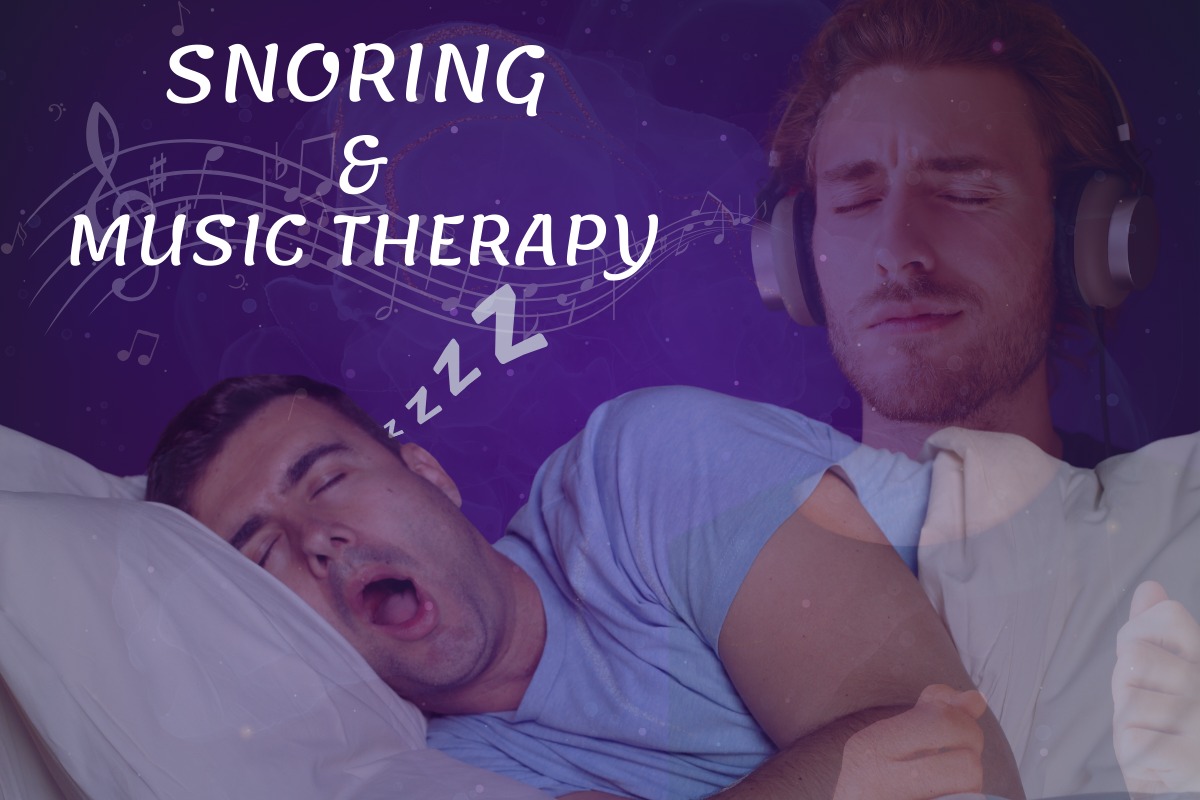Anxiety is a common issue that affects millions of people around the world. While everyone experiences anxiety from time to time, chronic anxiety can significantly impact your quality of life. This guide explores the signs, causes, and treatment options for anxiety, and how music therapy for anxiety can offer relief.
Recognizing the Signs and Symptoms of Anxiety
Anxiety can show up in various ways, affecting both your mind and body. Here’s what to look out for:
Physical Symptoms:
– Racing Heart: Feeling like your heart is pounding or beating faster than usual.
– Breathlessness: Struggling to catch your breath.
– Excessive Sweating: Sweating more than normal, even without physical activity.
– Shivering: Uncontrollable shivering or trembling.
– Fatigue: Feeling unusually tired or weak.
– Muscle Tension or Headaches: Persistent muscle tightness or frequent headaches.
– Digestive Issues: Experiencing an upset stomach, nausea, diarrhea, or ongoing discomfort.
Emotional Symptoms:
– Constant Worry: Overthinking everyday situations and feeling overwhelmed.
– Restlessness: Finding it hard to sit still or relax.
– Irritability: Becoming easily annoyed or upset.
– Difficulty Focusing: Struggling to concentrate or losing track of time.
– Sleep Problems: Experiencing insomnia or irregular sleep patterns.
Understanding the Causes of Anxiety
Getting to the root of anxiety can help with its treatment and management. Here are some common causes:
- Genetics: Anxiety can run in families. If your relatives struggle with anxiety, you might be more prone to it too.
- Brain Chemistry: Imbalances in brain chemicals like serotonin and dopamine can make anxiety worse.
- Environmental Stress: Ongoing stress from work, relationships, or traumatic events can trigger anxiety.
- Medical Conditions: Health issues like heart disease, diabetes, or thyroid problems can contribute to or worsen anxiety.
- Substance Abuse: Alcohol, caffeine, and certain drugs can increase anxiety symptoms. Some medications can also have anxiety as a side effect.
Approaches to Treating Anxiety
Effective anxiety treatment usually involves a mix of methods tailored to your needs:
- Psychotherapy: Cognitive-behavioral therapy (CBT) is a key treatment for anxiety. It helps you identify and change negative thought patterns and behaviors.
– Exposure Therapy: Gradually facing your fears in a controlled environment.
– Dialectical Behavior Therapy (DBT): Combines CBT with mindfulness practices to help manage emotions.
- Medication: Your doctor might prescribe medications like beta-blockers, antidepressants, or anti-anxiety drugs.
– SSRIs (Selective Serotonin Reuptake Inhibitors): Often the first choice for treating anxiety.
– Benzodiazepines: Used short-term for severe anxiety.
- Lifestyle Changes: Regular exercise, a balanced diet, and good sleep hygiene can make a big difference.
– Diet: Eating a variety of fruits, vegetables, and lean proteins.
– Sleep: Sticking to a regular sleep schedule and creating a relaxing bedtime routine.
- Mindfulness and Relaxation Techniques: Techniques such as yoga, meditation, and deep brething exercises can help calm your mind.
– Mindfulness: Staying present and focused during meditation to reduce anxiety.
– Progressive Muscle Relaxation: Tensing and then relaxing each muscle group to relieve tension.
- Support Groups: Connecting with others who understand what you’re going through can be comforting and helpful.
How Exercise Can Help Reduce Anxiety
Exercise is a powerful tool for managing anxiety. Here’s why:
- Releases Endorphins: Physical activity boosts endorphins, the body’s natural mood enhancers, which can help improve your mood and reduce pain.
- Reduces Muscle Tension: Regular exercise helps relax your muscles and alleviates physical symptoms of anxiety.
- Distracts from Worry: Exercise offers a break from anxious thoughts and helps you relax.
- Improves Sleep: Regular physical activity can help improve sleep, which is often disrupted by anxiety.
- Boosts Confidence: Achieving fitness goals can enhance your self-esteem and reduce anxiety.
The Power of Music Therapy for Anxiety
Music therapy for anxiety can be a wonderful way to manage anxiety. Here’s how it helps:
- Calms the Nervous System: Listening to relaxing music can lower your heart rate and blood pressure.
– Classical Music: Known for its soothing effects.
– Nature Sounds: Sounds like rain or ocean waves can be very calming.
- Reduces Stress: Music can help you escape from your worries and negative thoughts.
– Upbeat Songs: Can lift your mood and energize you.
– Instrumental Music: Often more relaxing and less distracting.
- Enhances Mood: Your favorite music can boost serotonin levels and improve your overall mood.
– Happy Songs: Cheerful, upbeat music can enhance feelings of joy and positivity.
- Aids Meditation: Music can make mindfulness practices easier and help you achieve a relaxed state of mind.
– Guided Meditations: Often include calming music to help you focus and relax.
How Muziek Mantra Uses Music Therapy for Anxiety
At “Muziek Mantra”, we offer specialized music therapy for anxiety to help people find relief:
- Personalized Music Sessions: We tailor sessions to each individual’s needs and preferences, aiming to provide comfort and emotional release.
– Assessment: We evaluate your emotional needs and music preferences.
– Customized Playlists: We create playlists that resonate with your feelings & frequencies.
- Interactive Music-Making: Playing instruments or singing can help reduce tension and provide a sense of accomplishment.
– Instrumental Therapy: Using instruments like drums or guitars to express and release emotions.
– Vocal Therapy: Singing as a way to decompress and release feelings.
- Guided Imagery with Music: This technique combines relaxing music with imagery to reduce anxiety.
– Guided Relaxation: Using music along with relaxation exercises to help you unwind.
– Imagery Training: Helping you visualize peaceful scenes while listening to soothing music.
- Group Music Therapy: This approach helps build a sense of community and support.
– Group Singing: Can foster feelings of connection and support.
– Collaborative Music-Making: Creating music with others to build a sense of unity.
Our Approach at Muziek Mantra
At “Muziek Mantra”, we believe in the transformative power of music. Our approach includes:
- Holistic Assessment: We start by thoroughly evaluating your musical tastes and frequencies, anxiety triggers, and anxiety levels.
- Tailored Treatment Plans: We design “music therapy for anxiety” programs that fit your individual needs.
- Regular Monitoring: We continually review and adjust your treatment plan to ensure the best results.
- Integration with Other Therapies: We collaborate with mental health professionals to provide a comprehensive treatment approach.
- Supportive Environment: We create a warm and welcoming space where you can explore and express your feelings through music.
In summary, while anxiety can be challenging, there are many effective ways to manage it and improve your daily life. Combining traditional treatments with lifestyle changes and therapies like “music therapy for anxiety” offers a well-rounded approach to healing. At “Muziek Mantra”, we are dedicated to using the healing power of music to help you find peace and comfort.



